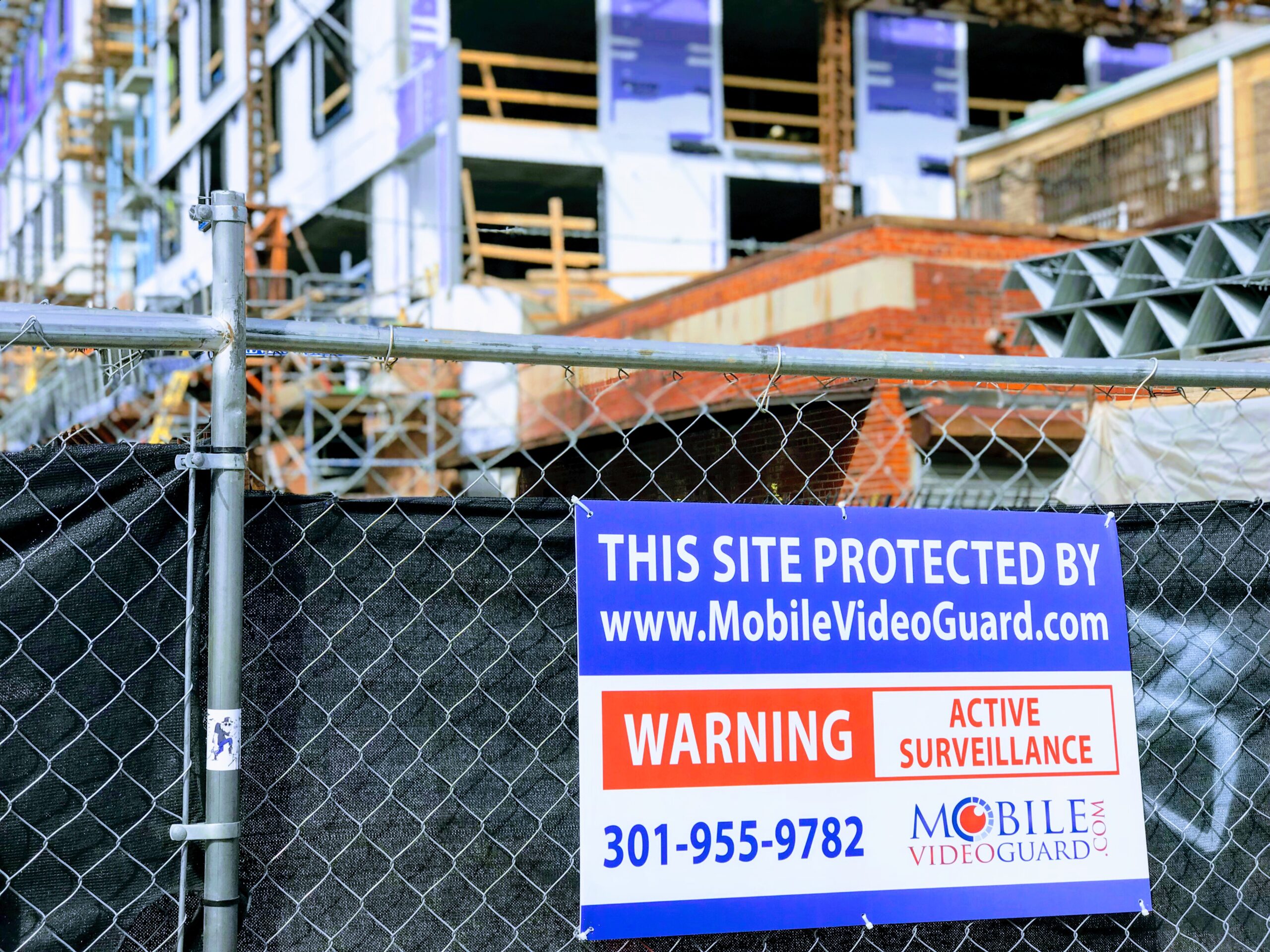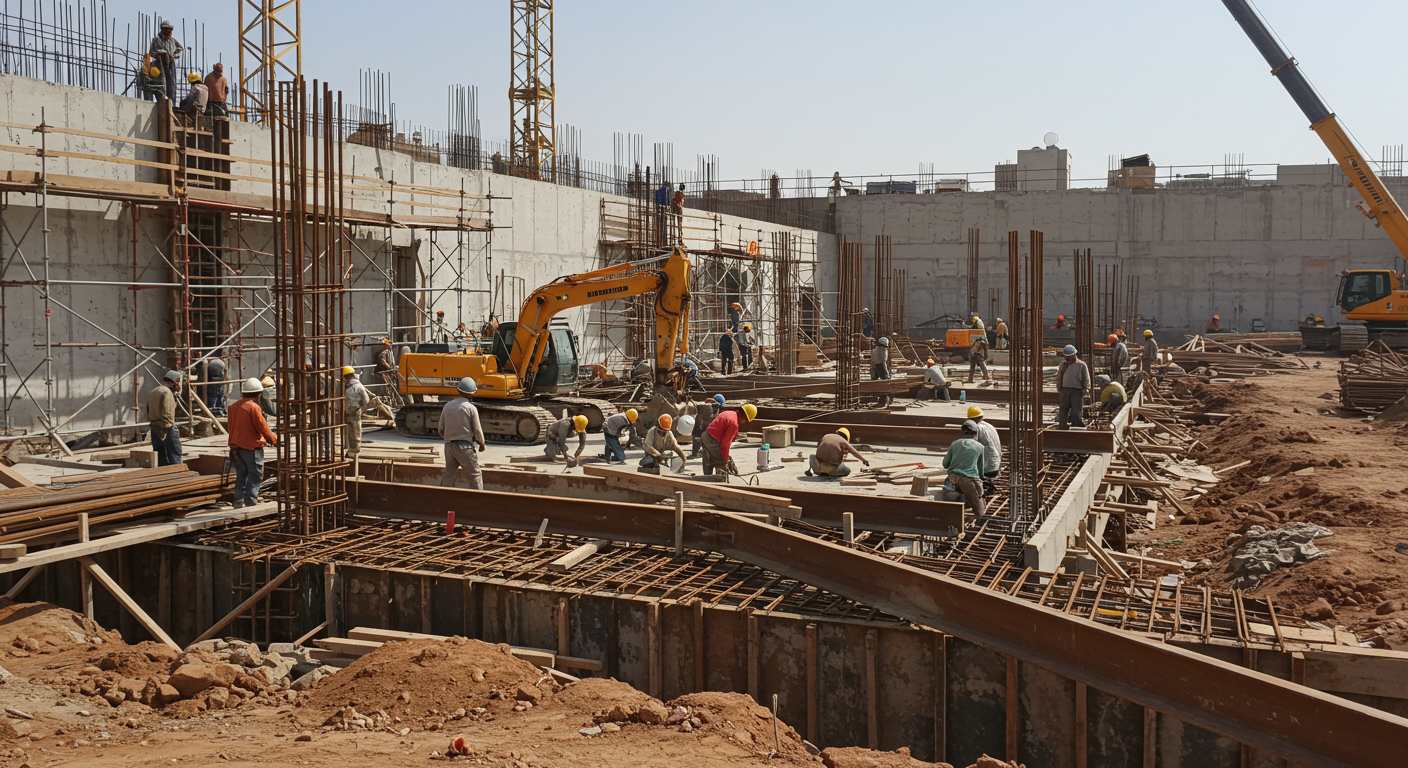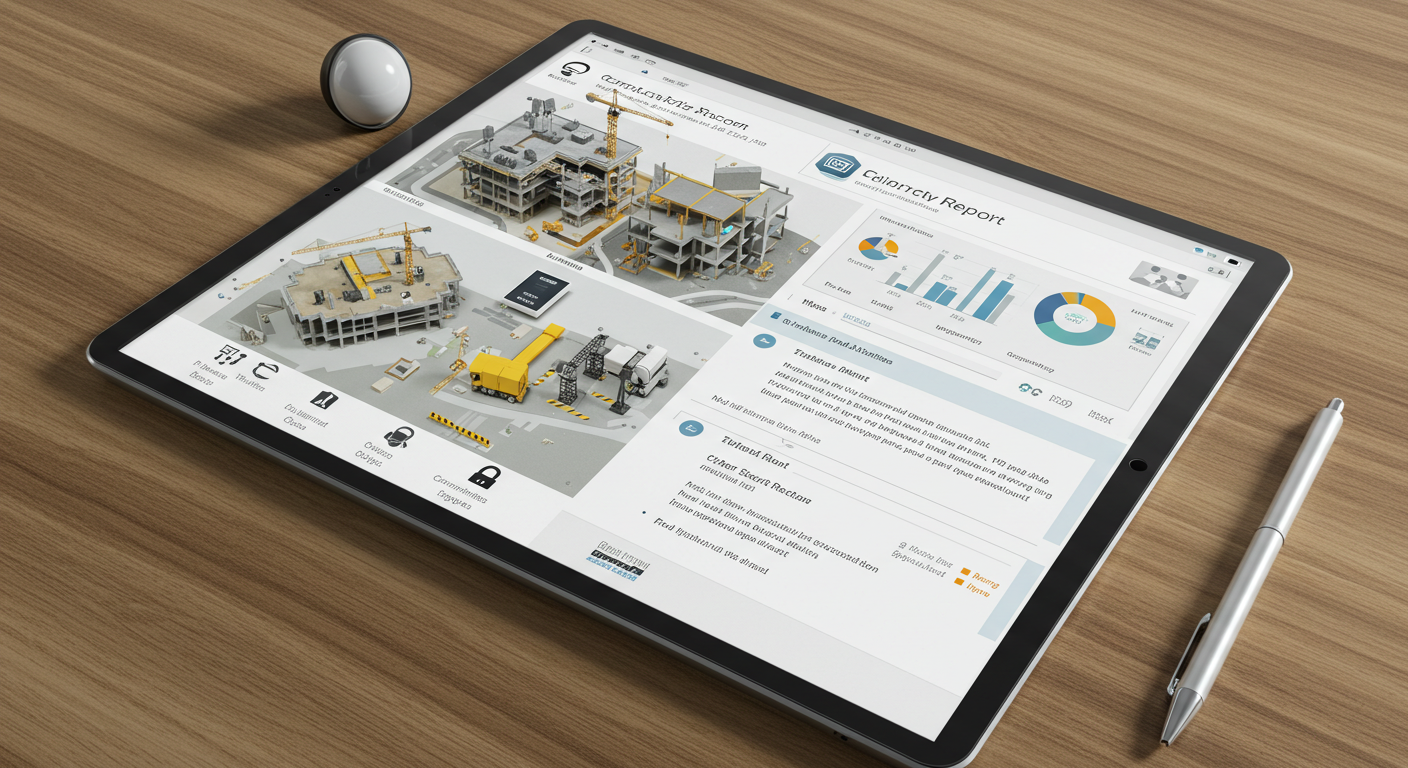The Limits of Relying Only on Security Cameras for Job Site Protection
Security cameras have long been a go-to solution for construction site protection—but here’s the problem: cameras alone aren’t stopping crime. While they may capture footage of a theft in progress, they rarely prevent it. By the time someone reviews the footage, the damage is done and the tools, equipment, or materials are gone.
If your job site security plan relies solely on static cameras, you could be operating under a false sense of protection.
What Traditional Cameras Do Well—And Where They Fall Short
There’s no denying that cameras are a necessary part of a modern security setup. They offer:
- Visual documentation for incidents
- Evidence for insurance claims or investigations
- A passive deterrent for low-risk trespassers
But there are significant limitations:
- Cameras don’t stop someone from cutting a fence, entering your site, or loading stolen materials into a van.
- Most traditional setups record passively and are not monitored in real-time, allowing criminals to act freely.
- Video quality can suffer in poor lighting or weather, making it hard to identify faces or license plates.
- Without motion alerts or deterrents, cameras often only provide evidence after the fact—not before.
That’s not protection. That’s documentation.
The Real-World Risks of Passive Surveillance
Every construction site has vulnerabilities. Remote areas, blind spots, or overnight inactivity offer easy opportunities for theft. Static cameras don’t adapt to the evolving layout of a job site, leaving wide gaps in coverage.
Here’s what can happen when cameras aren’t enough:
- A thief enters through a perimeter blind spot that’s outside camera view.
- A worker-turned-insider takes tools after hours without being noticed.
- No one notices unusual activity on the footage until the next morning—long after the loss has occurred.
These aren’t hypotheticals. Construction theft in the U.S. results in over $1 billion in losses each year, with less than 25% of stolen items recovered.
Why Delayed Responses Lead to Bigger Losses
Time is everything in site security. The longer it takes to respond to an incident, the greater the loss. Traditional surveillance often involves:
- Reviewing hours of footage after an incident is reported
- Identifying that a theft occurred—but too late to stop it
- Calling law enforcement after the intruder is gone
This delay leads to:
- Costly equipment replacement
- Project delays
- Higher insurance premiums
- Lower crew morale and site confidence
Job sites need real-time awareness, not a highlight reel of what went wrong.
How Mobile Video Surveillance Fills the Gaps
Mobile video surveillance systems are designed specifically to meet the challenges of construction site security. Unlike static cameras, these systems are active, adaptive, and monitored.
Here’s what they offer:
- Live, 24/7 remote monitoring by trained professionals
- Motion-activated alerts sent immediately when activity is detected
- Integrated lights and sirens to deter intruders in real time
- High-definition video that works in low light and harsh conditions
- Scalable placement that adjusts to changing site layouts
Want to see how this works in the field? Check out our construction site security solutions.
Mobile units provide more than just footage—they provide prevention.
What a Layered Construction Site Security Strategy Looks Like
Protecting a job site requires more than cameras—it requires a layered approach. Here’s what that includes:
- Mobile video surveillance for real-time detection and deterrence
- Adequate perimeter lighting to improve visibility and discourage entry
- Fencing and physical barriers to limit access points
- Controlled entry systems to track who comes and goes
- Routine site audits to identify blind spots and vulnerabilities
Together, these elements create a proactive system that works to prevent theft, not just record it.
Need help identifying gaps in your current setup? Contact us for a custom job site assessment.
Conclusion: Don’t Let Cameras Give You a False Sense of Security
Cameras are an essential piece of your site’s security—but they’re only one piece. Without real-time response, monitoring, and layered protection, you’re leaving your job site exposed.
Don’t wait until a theft exposes your vulnerabilities. Explore the smarter, proactive alternative with mobile video surveillance from Mobile Video Guard.
Secure your site the right way—from the perimeter to the final day of the build.



